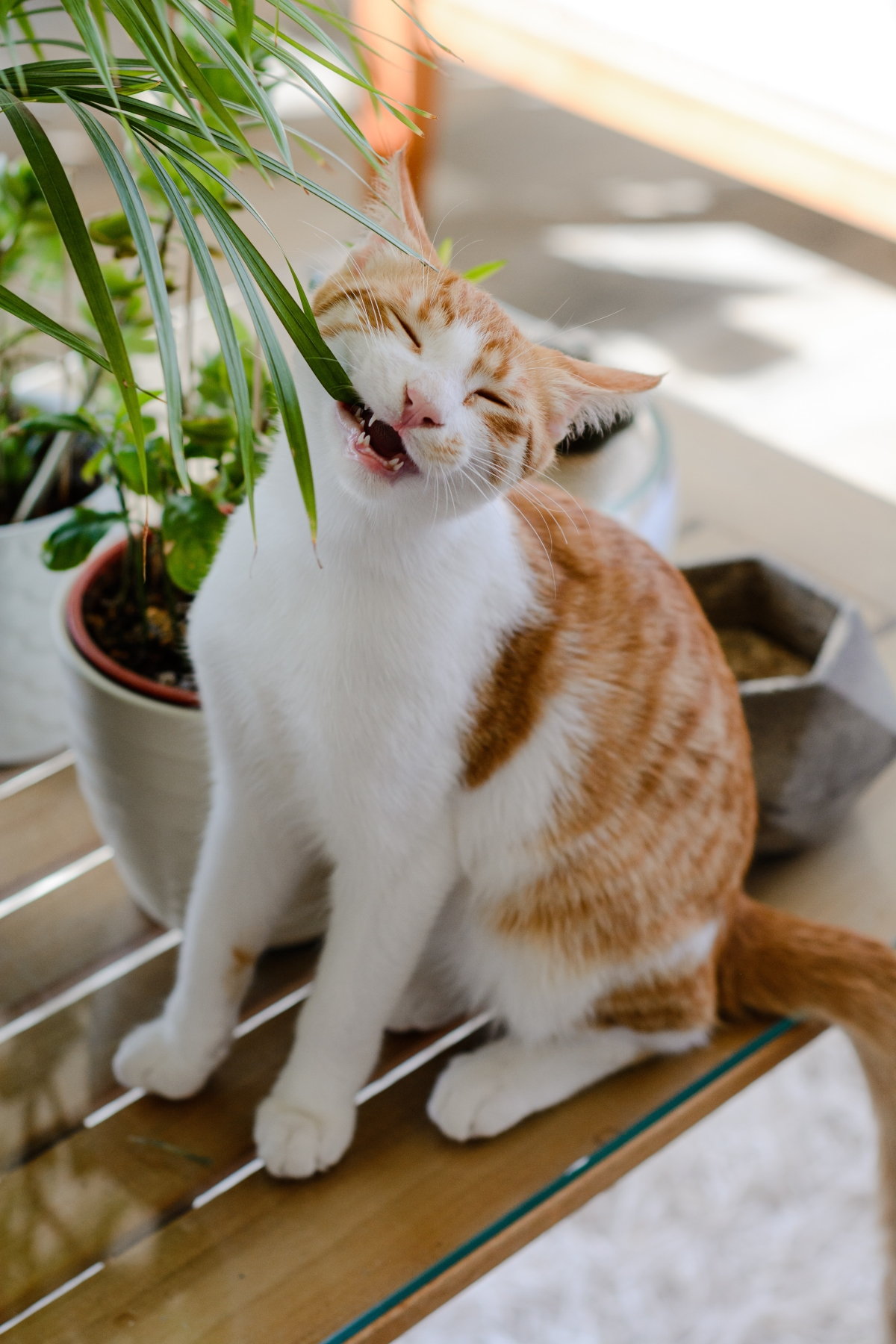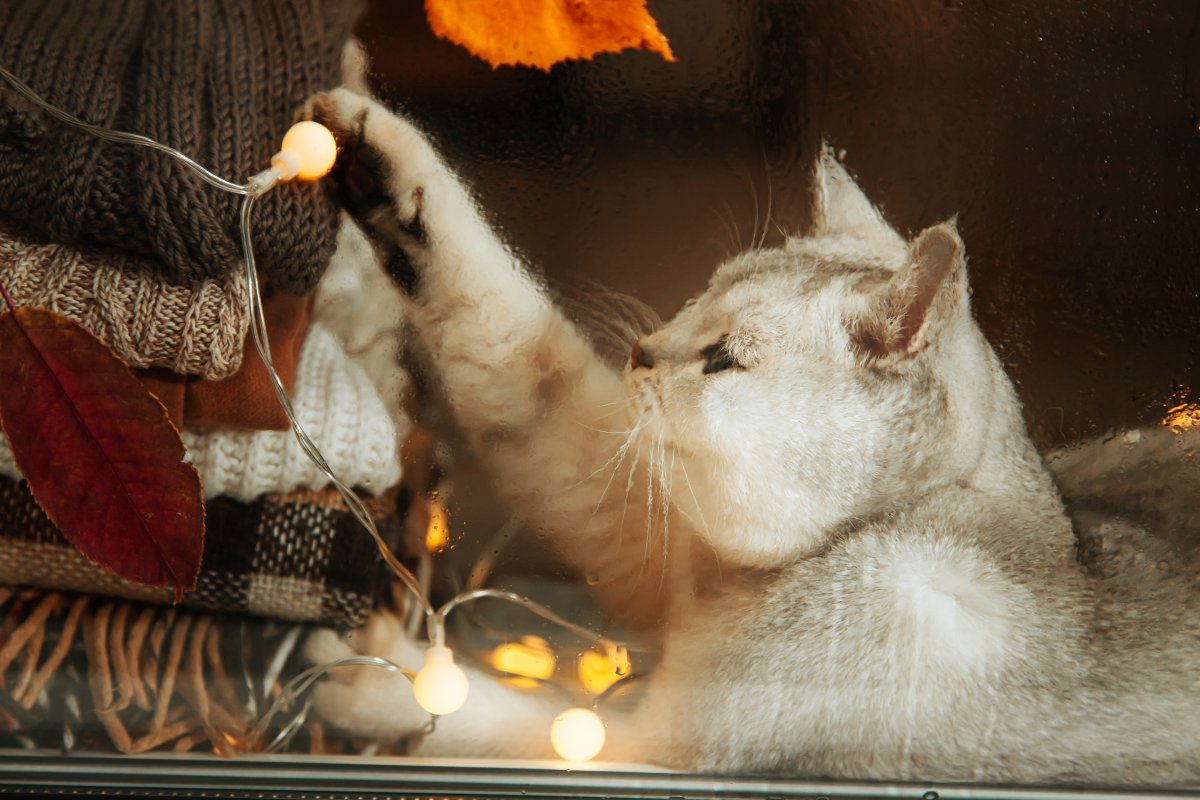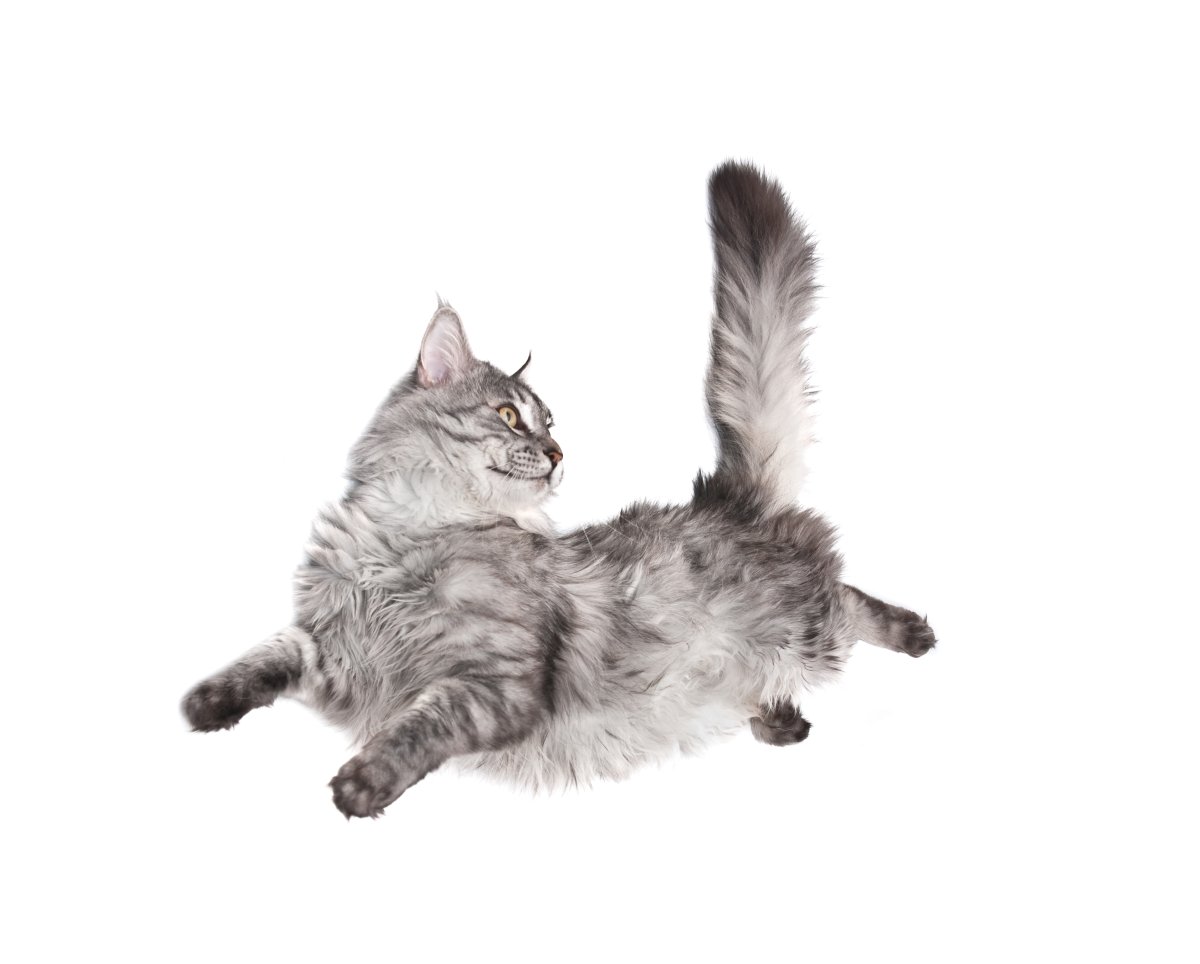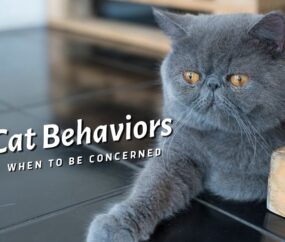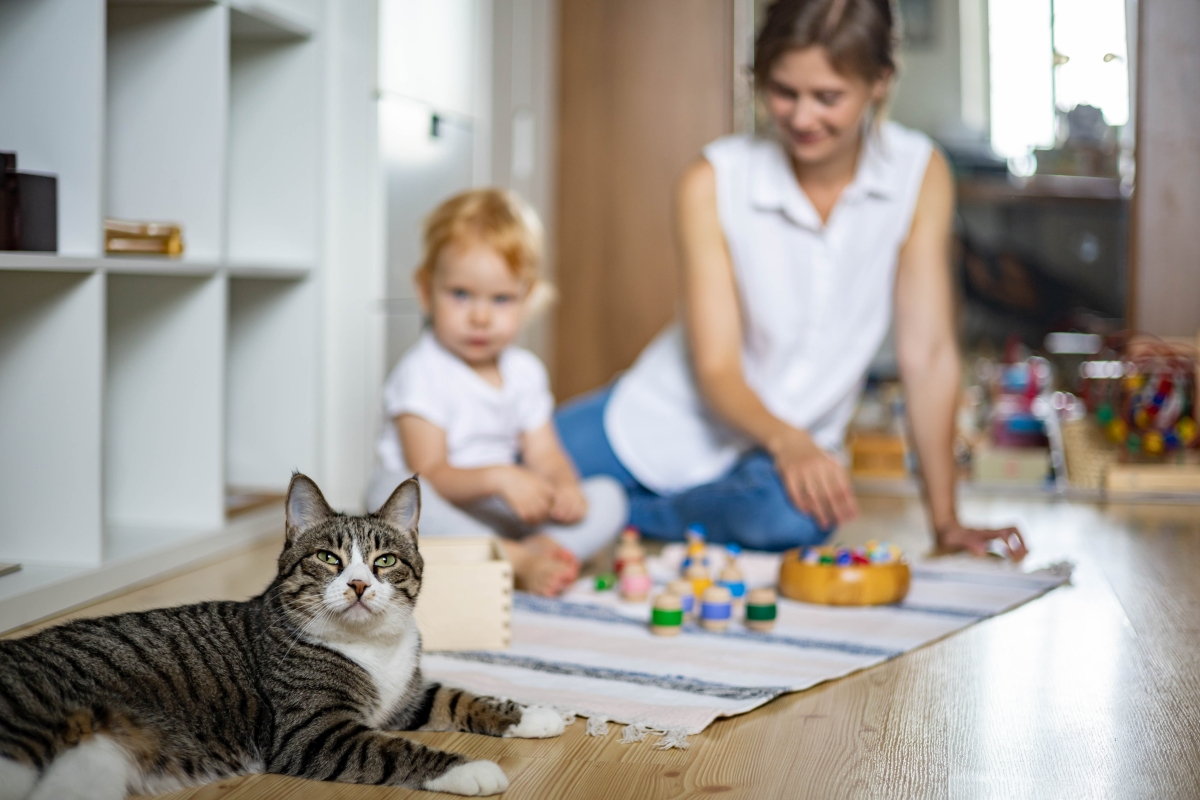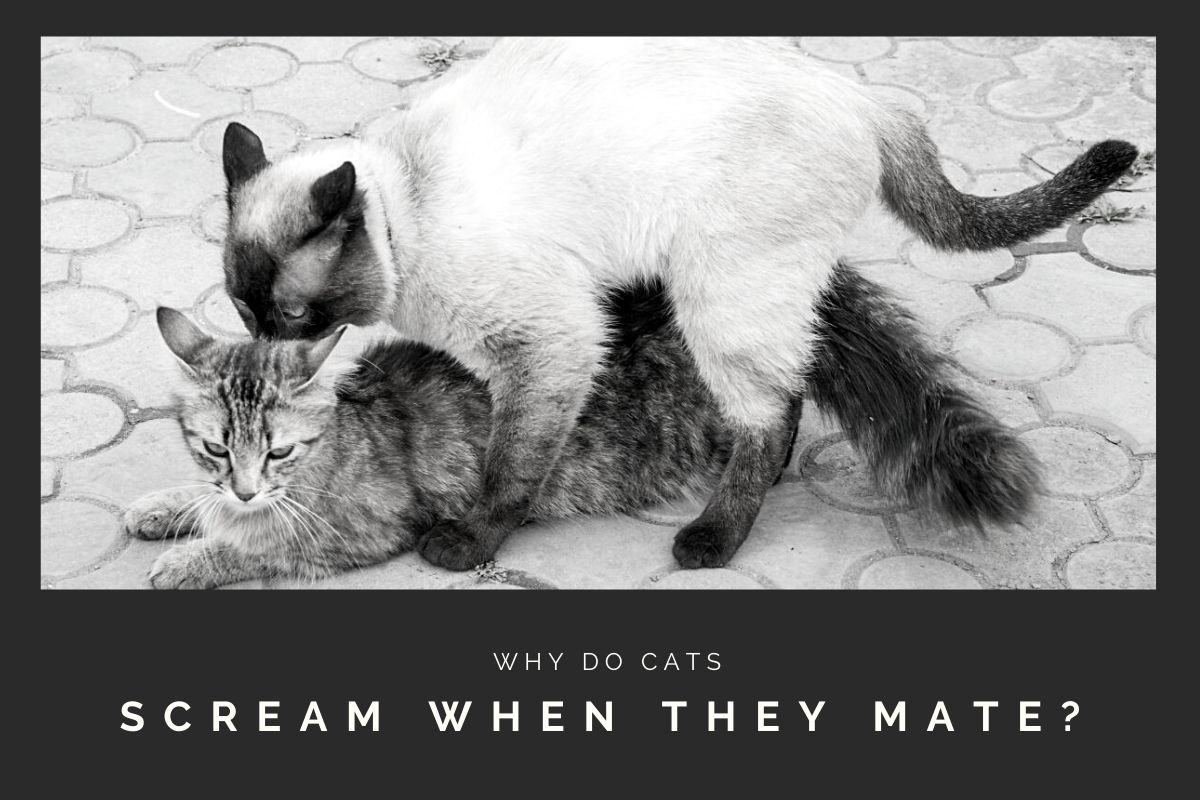Does your cat behave in ways you simply do not understand? Do you want to be able to relate to your feline friend better? Well, our guide is designed to do just this for you! Cat behaviors can be difficult to interpret for even the most experienced of pet owners. Kitties just seem to have their language and way of communicating, which is specific to just them.
Where do these behaviors come from?
A lot of quirky cat behaviors can be explained when we understand where cats come from the wild. Cats are natural predators, and many of the behaviors they display appear strange in a safe home environment but make complete sense in a wild jungle setting. From being excited about spotting their prey to fitting into strange spaces in your home, many of these strange behaviors have been passed to your pet cat from its wild ancestors!
Squeezing into small spaces
One of the strangest cat behaviors is their inclination to fit into the tightest of places. Any cat owner can testify to the fact that they have seen their cats squeeze themselves into boxes, cupboards, and little nooks and crannies all over your house. What is up with such strange cat behaviors?
Well, according to researchers, fitting into tighter spaces makes your cat feel covered and protected. Being surrounded by a cozy space makes them feel less vulnerable. This is one of those cat behaviors that can be explained with reference to their life in the wild. Since our cats are natural predators, they also show a preference for covered, tight spaces when they are in the open. This gives them a good vantage point and protects them from larger animals.
Bringing you dead animals
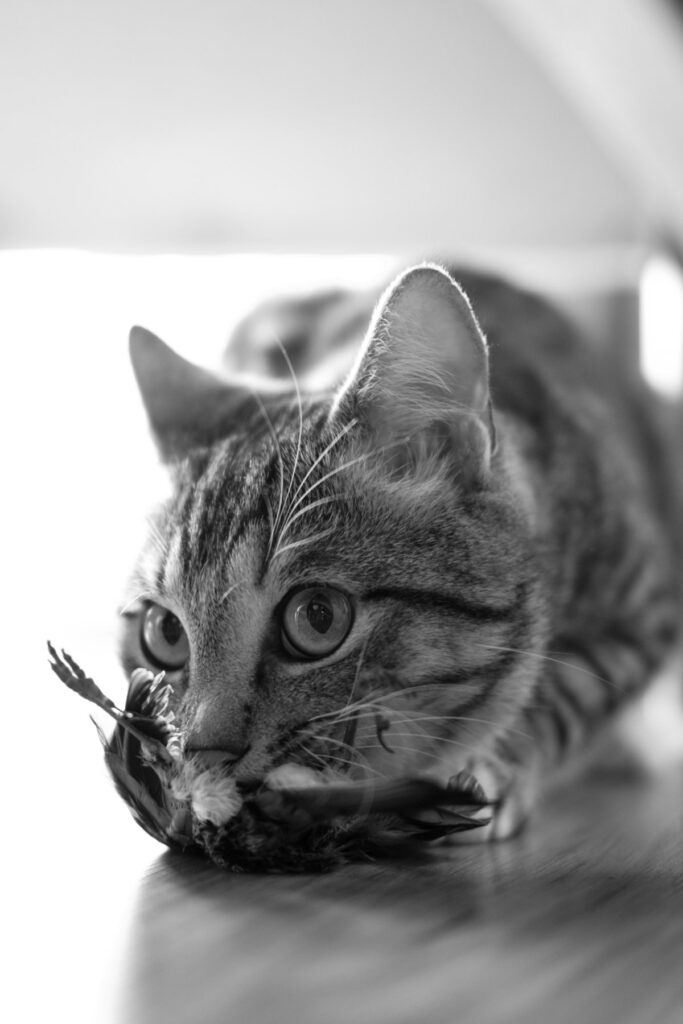
One of the strangest (and at times straight-up scary!) cat behaviors is your feline friend bringing you dead animals! Yes, you heard it right. If your cat has spotted a rodent in your house, it is most likely to kill it since cats are natural hunters and smaller mammals are their natural prey. If you take your cat out for a walk or to the park, it may even get the chance to hunt a squirrel or a bird. This behavior is completely normal in cats since they are trying to “share” their hunt with you.
According to behavior specialists, these dead animals are gifts that the cat is bringing for you to get your appreciation. Whatever our feline friends’ intentions may be, this habit of bringing dead gifts can be problematic since these carcasses could carry a lot of germs. The best way to stop this is to restrict your cat’s outdoor time and tie a bell to its collar. The bell will alert any animal that your cat is trying to hunt, and they will get a chance to escape your predatory pet!
Teeth chattering
If your cat is chattering its teeth, don’t think it’s feeling cold! This is one of those cat behaviors our feline friends engage in when they want to hunt. So if your cat is sitting next to a window and starts chattering its teeth, it means that it has seen a bird or a rodent that it really wants to hunt but cannot since it is sitting inside. The teeth-chattering cat behaviors could indicate irritation or even anger at not being able to hunt.
However, some researchers believe that rather than displaying emotions of anger, this habit is nothing more than an instinctive behavior. When your cat sees potential prey, its teeth start chattering automatically so that its jaw muscles (which it needs for hunting) are warmed up.
Rolling on its back
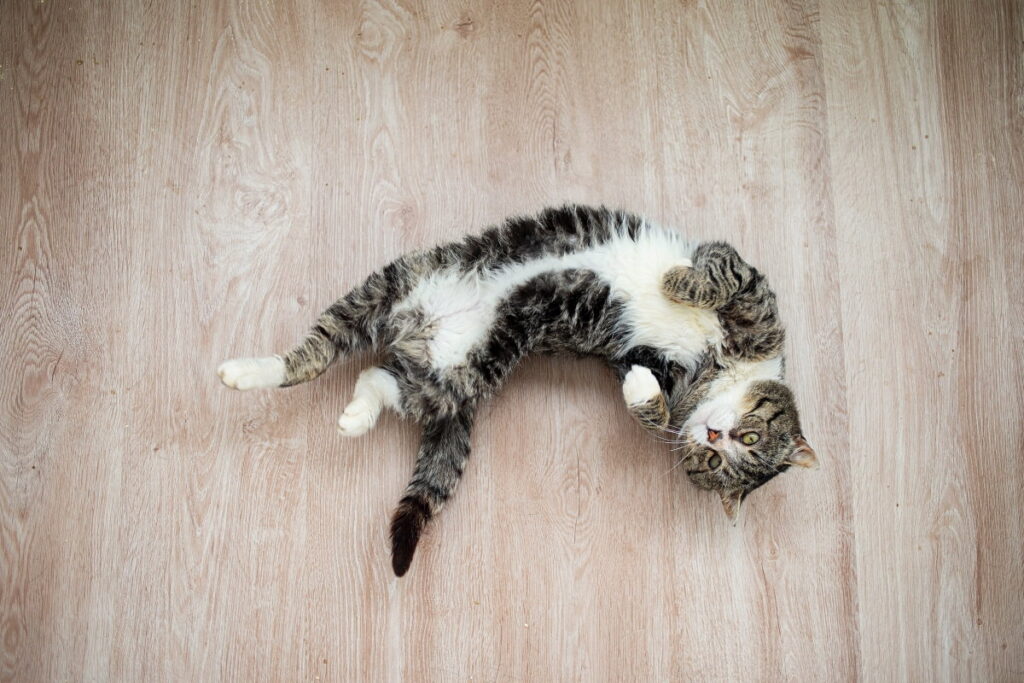
If your feline friend is comfortable with you, one of the cat behaviors it may engage in is rolling on its back. Its legs will also be pointed upwards. This is obviously a gesture of trust and comfort since cats are naturally cautious animals, and they only place themselves in a vulnerable position in front of you if they expect absolutely no harm. If you see such cat behaviors, rest assured: your cat loves you! To reciprocate, you could pet your cat, stroke its coat, or even play a small game with it. This will ensure that your feline friend also knows that you love them.
Chewing on non-edible items
One of the strangest cat behaviors is cats chewing on things that they cannot possibly eat. This can include chewing plastic wires, twigs, rubber objects, etc. Since your cat cannot consume these items, what can be the cause for such strange cat behaviors? There is actually a name for this condition: “pica.” It could have many root causes, such as stress or nutrient deficiencies.
While this is not a great cause for worry, if you think your cat’s behaviors are indicative of pica, we would suggest visiting the vet. This is because he can carry out a thorough examination of your pet and rule out any serious issues. The treatments for pica are also simple and could range from things such as dietary supplements and alternative chewing items.
Should I be worried?
None of these cat behaviors other than “pica” are a cause for concern. These behaviors are completely normal and are “quirky,” not “worrisome”! Moreover, there may be times when you may wonder why your cat keeps meowing? We have not listed cats or kittens’ meowing as a “quirky” behavior since meowing is not a quirk. It is the typical way in which cats communicate with humans.
So if your cat is meowing a bit too much, maybe you should take some time out from your busy schedule to see what is bothering it. It might not be fed, or it might just want to play something with you! However, if you hear your cat yowling, then you should visit a vet since this could indicate that your pet is in pain, and this could be because of a medical condition.
We hope that our guide helps you understand your pet cat better! While your feline friend may engage in some quirky cat behaviors every now and then, this is part of their nature and is no cause for concern.

